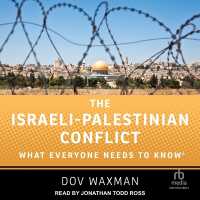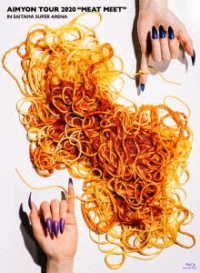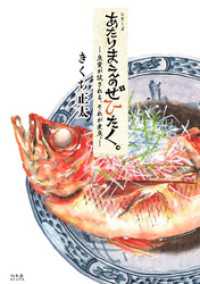- ホーム
- > 洋書
- > 英文書
- > History / World
Full Description
The Latin Middle Ages were characterised by a vast array of different representations of nature. These conceptualisations of the natural world were developed according to the specific requirements of many different disciplines, with the consequent result of producing a fragmentation of images of nature. Despite this plurality, two main tendencies emerged. On the one hand, the natural world was seen as a reflection of God's perfection, teleologically ordered and structurally harmonious. On the other, it was also considered as a degraded version of the spiritual realm - a world of impeccable ideas, separate substances, and celestial movers.
This book focuses on this tension between order and randomness, and idealisation and reality of nature in the Middle Ages. It provides a cutting-edge profile of the doctrinal and semantic richness of the medieval idea of nature, and also illustrates the structural interconnection among learned and scientific disciplines in the medieval period, stressing the fundamental bond linking together science and philosophy, on the one hand, and philosophy and theology, on the other.
This book will appeal to scholars and students alike interested in Medieval European History, Theology, Philosophy, and Science.
Contents
Chapter 1 Zoological Inconsistency and Confusion in the Physiologus latinus / Chapter 2 Gerald of Wales and Saint Brigid's Falcon: The Chaste Beast in Medieval and Early Modern Irish Natural History / Chapter 3 Medieval Universes in Disorder: Primeval Chaos and Its Authoritative Coordinates / Chapter 4 Animals under an Encyclopedic Lens: Zoological Misinterpretation in Thomas of Cantimpré's Liber de Natura Rerum / Chapter 5 Learning from Bees, Wasps, and Ants: Communal Norms, Social Practices, and Contingencies of Nature in Medieval Insect Allegories / Chapter 6 Defining and Picturing Elements and Humours in Medieval Medicine: Text and Images in Bartholomew the Englishman's De Proprietatibus Rerum / Chapter 7 Why Do Animals Have Parts? Organs and Organisation in Thirteenth- and Fourteenth-century Latin Commentaries on Aristotle's De animalibus / Chapter 8 La reproduction imparfaite: les "gusanes" et l'état larvaire des insectes chez Albert le Grand / Chapter 9 Elixir as Means of Contrasting with Nature in Albert the Great's Alchemy / Chapter 10 From Prime Matter to Chaos in Ramon Llull








